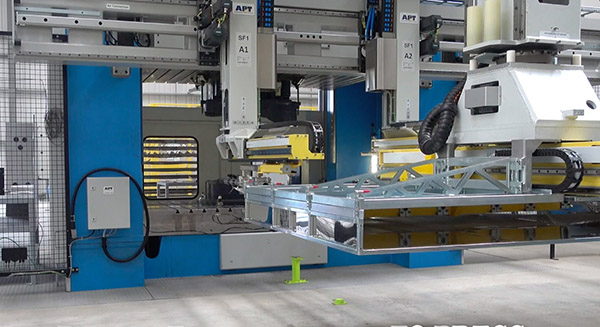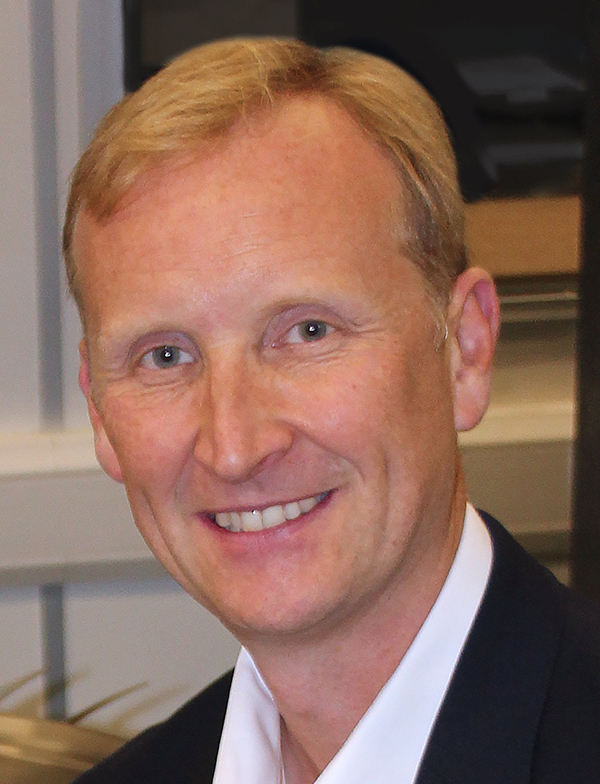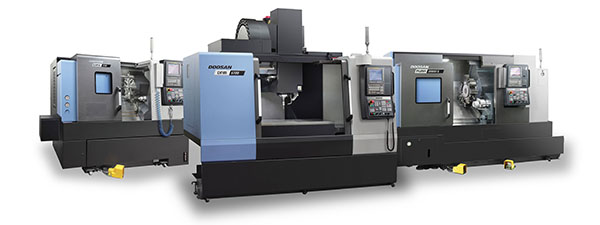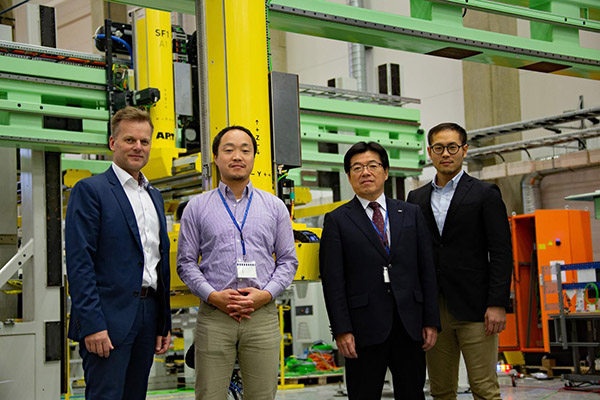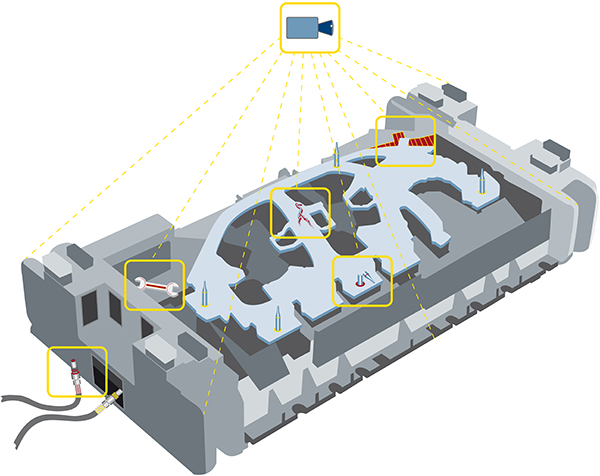A UK manufacturer of pressings and assemblies has signalled its intentions to be a world leader in lightweight components by investing in a new process.

SDE Technology, which prior to a recent rebrand was known as Salop Design and Engineering, is the first company in Europe to hold a production licence for Hot Form Quench (HFQ), a hot-forming process that produces high-strength aluminium parts for use in the automotive, aerospace and renewable energy sectors.
This new technology gives designers the freedom to create parts that offer significant weight savings, yet still deliver higher structural strength, with improved formability in 6000 and 7000 series alloys, which cannot be formed cold. In some instances, the process can also reduce multiple part counts to just one.
The initial investment of £1m in 2019 enables the laser profiling of HFQ blanks, with a multi-million pound investment scheduled to be in place at the company’s Shrewsbury facility over the next 18 months.
“This is a real game changer for our business and industry as a whole,” says Richard Homden, CEO of SDE Technology. “Thanks to HFQ we can now offer new and existing customers a lightweight solution for
making complex parts in one pressing, reducing weight, time to manufacture and cost in the process.
“HFQ was developed by Impression Technologies (ITL), who industrialised research by Birmingham University and Imperial College London,” he adds. “You simply cannot form this high-strength aluminium in any other way, unless you use a super plastic forming [SPF] process. Even then, SPF makes one part every
15 to 20 minutes, whereas the cycle time for our technology is one part every 15 to 20 seconds. That is a design and manufacturing dream.”
For further information https://www.sde.technology/






